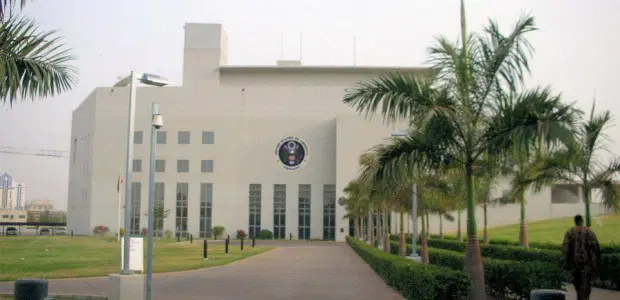Nigeria has a $8.25 billion undisbursed World Bank debt as of July 2023.
According to The Punch, this was based on information from the World Bank’s website’s Summary Statement of Loans, Credit, and Grants.
The undisbursed loans included $1.12 billion from the International Bank for Reconstruction and Development and $7.45 billion from the International Development Association, according to a breakdown.
The signed loan commitments as well as the approved but unsigned loans are included in the undisbursed loans.
Over the years, loans have been advanced to Nigeria by the World Bank’s IBRD and IDA.
While the IDA offers grants and concessionary loans to governments of the world’s poorest nations, the IBRD lends to governments of middle-income and creditworthy low-income nations.
The PUNCH previously stated that Nigeria’s debt to the World Bank could increase from $12.72 billion to $21.15 billion as a result of unpaid loans.
It demonstrated that unpaid loans could result in a 66.27 percent rise in Nigeria’s debt to the lending organization.
According to the World Bank’s audited financial accounts for the fiscal year 2022, which indicated that as of June 30, 2022, the bank still hadn’t paid out $8.12 billion to Nigeria, this was the case.
In their 2022 statements, the bank stated that the signed loan commitments are the basis for the unpaid loans that have not yet been distributed because the loans “are not effective and disbursements do not start until the borrowers and/or guarantors take certain actions and furnish documents.”
According to information received from the Debt Management Office, Nigeria will still owe the World Bank $14.33 billion as of March 31, 2023.
Tthe DMO’s foreign debt report also revealed that a breakdown revealed that Nigeria received a $13.84 billion IDA loan and a $488.35 million loan.
With the withdrawal of the petrol subsidy and the harmonization of exchange rates, the Federal Government recently declared that it has no intention of borrowing from either domestic or foreign organizations.
This information was made public by the Minister of Finance and Coordinating Minister for the Economy, Wale Edun, at the conclusion of the first Federal Executive Council meeting in Abuja.
Edun confirmed, however, that the Federal Government will continue with the loan obligation agreed in the 2023 budget during a press event on Friday.
The administration, however, wants to halt borrowing for ongoing expenses and instead focus on capital borrowing.
According to him, the government is unable to borrow if you factor in a debt service to revenue ratio of 90% and a rising debt to GDP ratio. You can see that the National Assembly appropriated a borrowing requirement into the previous budget if you look at it. That is still happening.
“It is a sign that the administration is committed to finding alternative funding sources rather than relying on borrowing and to reducing or even getting rid of a certain form of borrowing as soon as possible.
“This kind of borrowing is recurrent, as opposed to capital expenditure borrowing, which has a return and is self-financing.”











